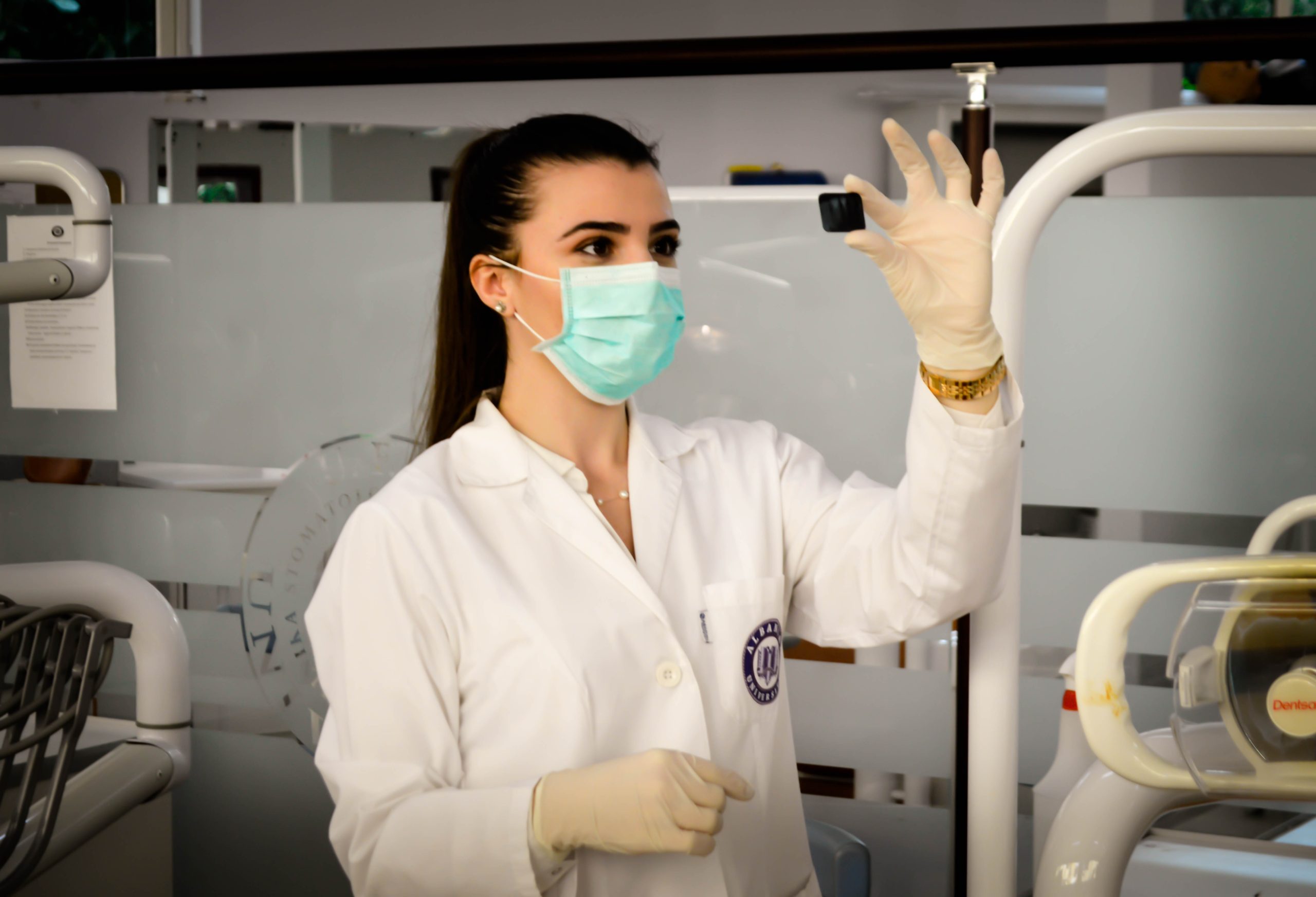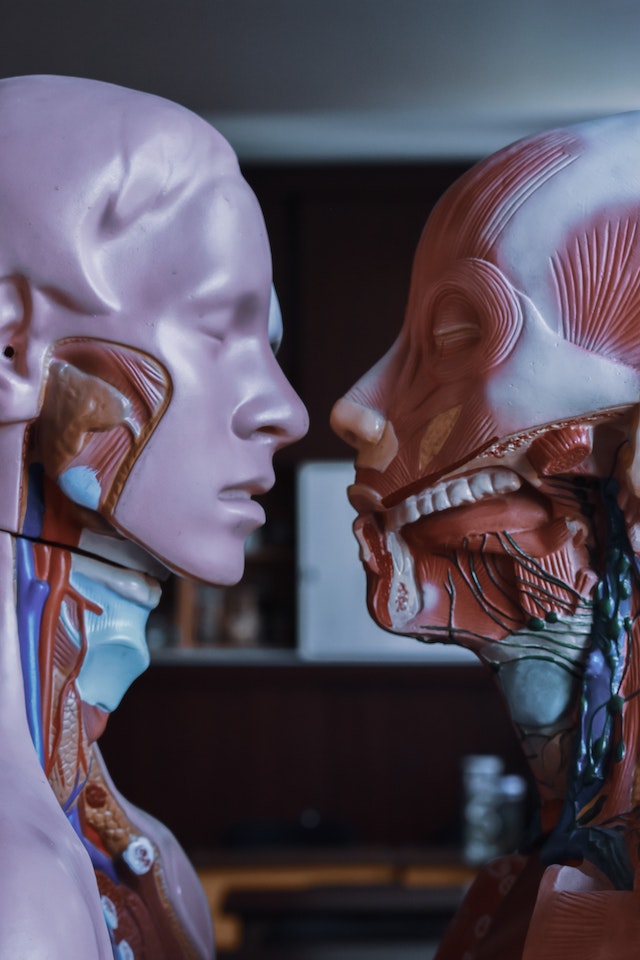Personalized medicine is revolutionizing healthcare. It’s an approach to healthcare that tailors treatments and prevention methods based on the individual patient’s genetic makeup, lifestyle and environment. This approach has been made possible by recent advances in technology, including artificial intelligence (AI) and machine learning. In this blog post, we will take a closer look at the latest advances in personalized medicine and what they mean for the future of healthcare. From genomic sequencing to AI-driven diagnosis tools, read on to learn more about how personalized medicine is changing the face of healthcare as we know it.
Latest advances in personalized medicine
In recent years, personalized medicine has become one of the most buzzed-about topics in healthcare. From DNA testing to precision medicine, there are a number of new and exciting advances in this field that hold tremendous promise for the future of healthcare.
One of the most promising developments is DNA testing. By sequencing an individual’s DNA, doctors can now identify genetic markers for specific diseases and conditions. This information can then be used to tailor treatments specifically for each patient, based on their unique genetic makeup.
Another major advance in personalized medicine is precision medicine. This approach takes into account not only an individual’s genetic makeup, but also their lifestyle, environment, and other factors. This allows for even more personalized and effective treatment plans.
These are just a few of the latest advances in personalized medicine. As more research is conducted and more data is collected, we can expect even greater progress in this field in the years to come. This is truly an exciting time for healthcare!
What personalized medicine means for healthcare
Personalized medicine is a rapidly emerging field of healthcare that holds great promise for more effective and efficient care. It is based on the idea that each person’s unique genetic makeup should be taken into account when determining which treatments are most likely to be effective for them. In other words, personalized medicine is tailored to the individual patient, rather than being one-size-fits-all.
There are many potential applications of personalized medicine, but some of the most promising include more precise diagnosis of disease, earlier detection of disease, and more effective and targeted treatment. For example, by taking into account a person’s genetic makeup, doctors may be able to more accurately diagnose their condition and identify the best course of treatment. Additionally, personalized medicine could also lead to the development of new and more effective treatments for conditions that have been traditionally difficult to treat.
Of course, personalized medicine is still in its early stages and much work needs to be done before it can truly transform healthcare. However, the potential benefits are vast and there is reason to believe that personalized medicine will eventually become a cornerstone of healthcare delivery.
How personalized medicine is being used currently
Personalized medicine has been making headlines recently as the newest promising development in healthcare. But what is personalized medicine? And how is it being used currently?
Simply put, personalized medicine is a type of healthcare that takes into account an individual’s unique genetic makeup. This information can then be used to tailor treatments and prevention strategies specifically for that person.
Personalized medicine is already being used in a number of ways. For example, cancer patients are often treated with targeted therapies that are based on the specific mutations present in their tumor. This approach can be more effective than traditional chemotherapy, which can have harmful side effects because it attacks all cells, not just cancerous ones.
Another area where personalized medicine is being used is in the realm of preventive care. Genetic testing can be used to identify individuals who are at increased risk for certain conditions, such as heart disease or Alzheimer’s disease. This allows them to take steps to reduce their risk, such as changing their lifestyle or starting a preventative medication regimen.
The hope is that as personalized medicine becomes more refined, it will be able to provide even more tailored and effective treatment plans for individual patients. Additionally, by catching diseases earlier through genetic testing, it has the potential to greatly improve patient outcomes and reduce healthcare costs overall.
What the future of personalized medicine looks like
Personalized medicine is an evolving field of healthcare that takes into account an individual’s unique genetic makeup to better diagnose, treat and prevent disease. As our understanding of the human genome continues to grow, so too does the potential for personalized medicine to improve health outcomes and quality of life.
Here’s a look at what the future of personalized medicine may hold:
1. More effective treatments: By taking into account an individual’s specific genetic makeup, doctors will be better able to tailor treatments that are more likely to be effective. This could lead to fewer side effects and more targeted therapies.
2. Greater precision in diagnosis: With a greater understanding of the role genetics plays in disease, doctors will be better able to identify the root cause of a patient’s illness. This could lead to earlier and more accurate diagnosis, which can make a huge difference in treatment success.
3. More tailored prevention strategies: Knowing an individual’s genetic predisposition to certain diseases can help doctors develop more targeted prevention strategies. This could include lifestyle changes, medications or surveillance measures such as screenings or blood tests.
4. Reduced healthcare costs: Personalized medicine has the potential to reduce healthcare costs by improving treatment efficacy and preventing chronic diseases before they develop.
Conclusion
Personalized medicine has the potential to revolutionize healthcare by allowing medical professionals to better predict and prevent disease. Through advanced data analysis and artificial intelligence, personalized medicine is already allowing us to leverage our understanding of a patient’s individual biology, lifestyle choices, and environment in order to identify risk factors that can be addressed before they become serious issues. By utilizing these advances in technology and medicine, we are able to improve the quality of care while minimizing healthcare costs.










